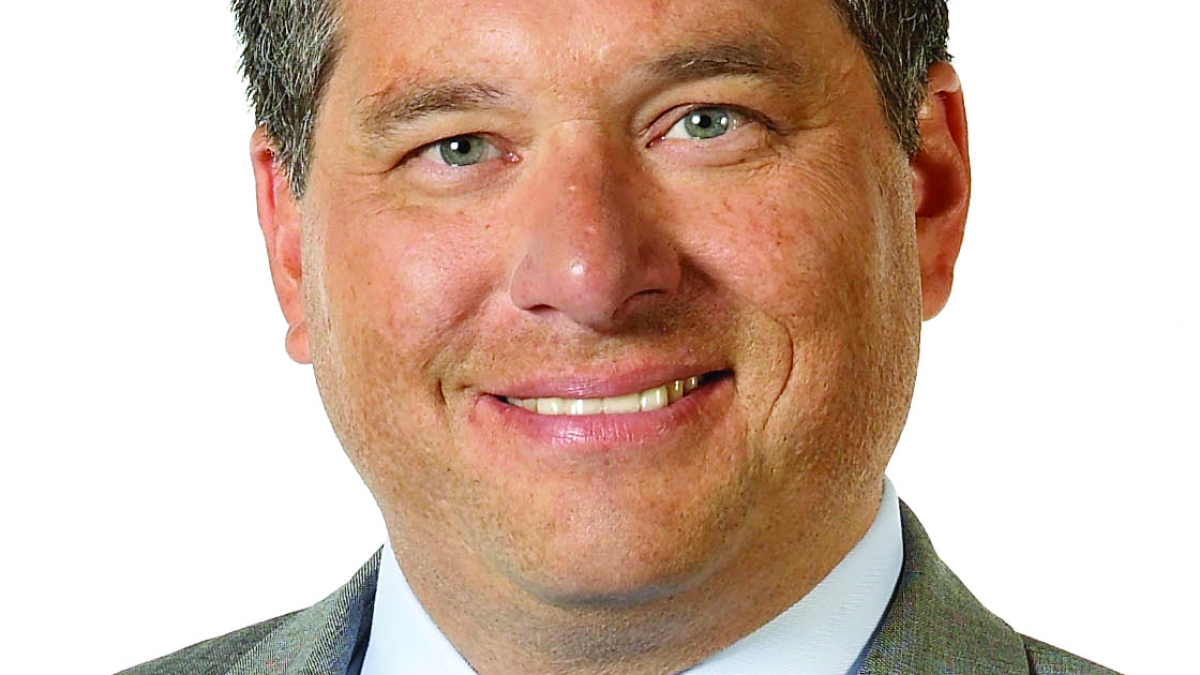Artman quoted in 'Washington Post' on tribal casinos

Professor Carl Artman added context to The Washington Post article, “Maine tribe’s loss on casino question illustrates how reservations look for other income.”
Quoted in the Nov. 13 article, Artman said a variety of tribes have found methods of income beyond casinos.
“Tribes, large and small, have found success in gaming, in construction, in defense contracting,” Artman, Director of the Tribal Economic Development Program at the College of Law, said. “It’s all over the board. They vary in size. They vary in geography. It’s a matter of tribal leaders taking advantage of the opportunities that are before them.”
According to the article, other notable tribal endeavors include real estate, large businesses and energy.
Artman’s insight was in response to the Passamaquodd tribe of Maine’s efforts to eliminate their financial woes by supplementing their income with possible new business ventures, including a casino, but also a commercial wind farm, a bottled water plant and maple syrup production.
An enrolled member of the Oneida Tribe of Indians of Wisconsin, Artman has worked for his tribe as Director of Federal Affairs and Chief Legal Counsel. Artman served on the Board of Directors for the Library of Congress’s American Folk Life Center, Oneida Nation Electronics, Airadigm Communications, Inc., and the Personal Communications Industry Association. Artman was the Chairman of the Tribal Management Advisory Committee and the Tribal Budget Advisory Committee during his tenure as Assistant Secretary. He served as a member of the U.S. Delegation to the United Nation’s Convention to Eliminate Racial Discrimination. He was a member of the Board of Governance for the National Indian Programs Training Center. He also served as a marketing editor for the Denver Journal of International Law Policy.